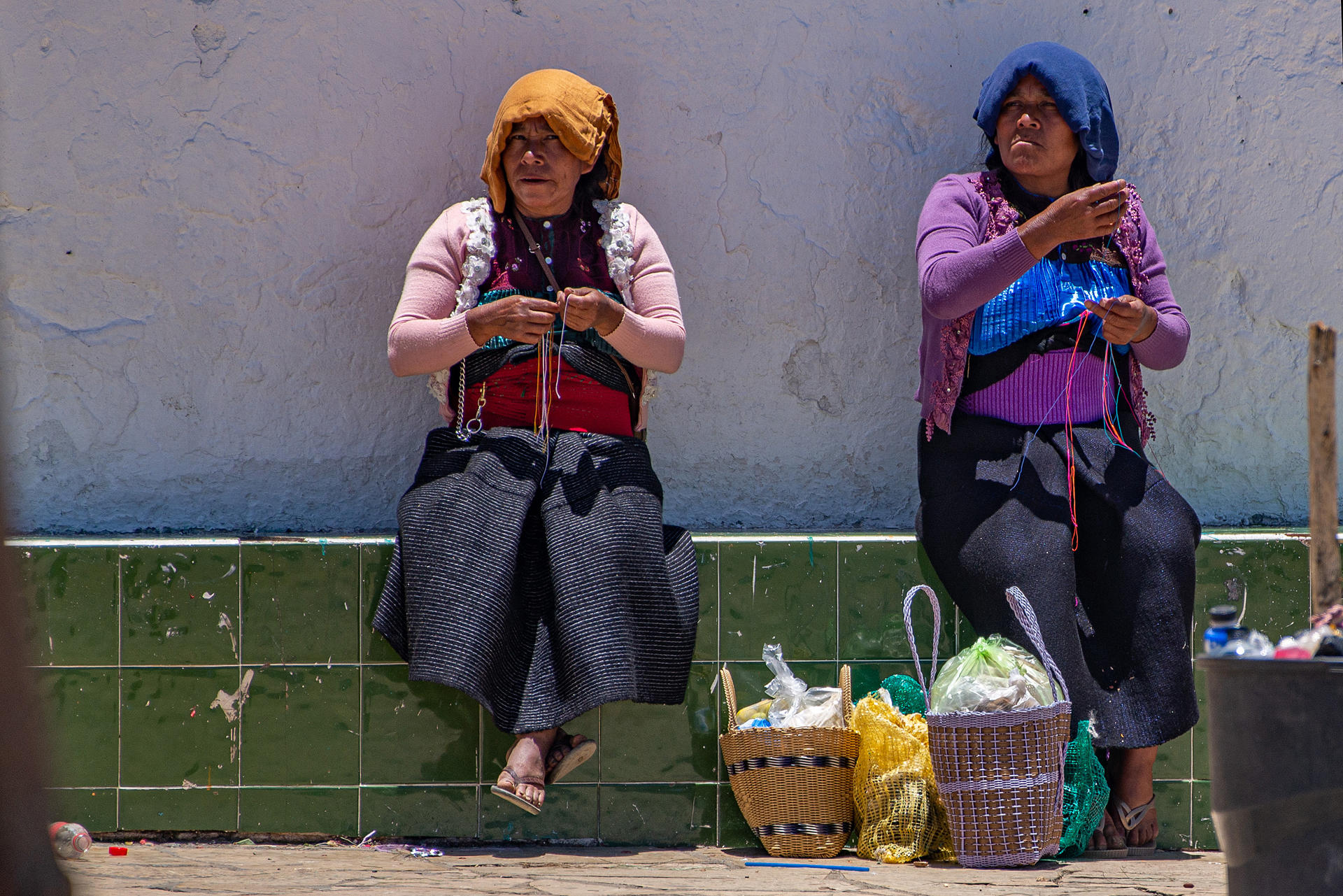Tuxtla Gutierrez, Mexico, Aug 9 (EFE).- Wednesday’s observance of the International Day of the World’s Indigenous Peoples found members of first nations here in the southern Mexican state of Chiapas unhappy about President Andres Manuel Lopez Obrador’s “indifference” in the face of escalating violence.
Activists told EFE that scores of indigenous people have been killed and many more displaced by gangs seeking territory along the Mexico-Guatemala border to facilitate the trafficking of migrants and drugs.
“We want to contribute, we want our rights to be fully recognized, for them to listen to us and not by way of intermediaries,” Margarita Gutierrez Romero, the leader of an organization of indigenous women, said in an interview.
More than 23 million of Mexico’s 126 million inhabitants identify as indigenous and nearly 7 million of them speak an indigenous language, according to figures from the Inegi statistics agency.
![]()
Full Article
Lopez Obrador signed a decree Wednesday protecting the sacred places and ancestral territories of indigenous peoples in the states of Nayarit, Jalisco, Durango, San Luis Potosi, and Zacatecas.
“As a matter of principle, my government has made the decision to recognize and protect the cultures and spiritual values of our peoples, which are the heart of deep Mexico and the most intimate truth of our homeland,” the president said during his daily morning news conference.
Gutierrez Romero acknowledged that progress has been made since Lopez Obrador took office in December 2018, while citing security, justice, health, and women’s inclusion as areas where much remains to be done.
She also pointed to a large gap between policy and reality, contending that indigenous people still lack genuine representation in public institutions.
“They continue smashing us, they continue usurping,” the activist said. “They think we are children and that is part of the old and outdated policy, so where is ‘putting the poor first’ (Lopez Obrador’s slogan)? Where is putting the indigenous peoples first?”
Indigenous and grassroots organizations in Chiapas began sounding the alarm in May about gangland violence targeting first nations communities, especially those supporting the Zapatista National Liberation Army (EZLN).
Though the EZLN announced itself to the world on Jan. 1, 1994, with an armed uprising, the Zapatistas soon abandoned rebellion in favor of “political struggle by civil and peaceful means.”
“Instead of investing their efforts in war, they have built hospitals, schools, and autonomous governments that have benefited Zapatistas and non-Zapatistas alike,” said a statement issued in May by a coalition of groups and signed by notables such as Oscar-winning filmmaker Alfonso Cuaron and scholar Noam Chomsky.
Miguel Angel Villanueva, a peasant leader on the Mexico-Guatemala border, told EFE that tensions have been rising this year and complained about Lopez Obrador’s comments during a visit to Chiapas on June 23, when the president described the situation in the state as one of “peace and tranquility.”
“The problems continue, the crime, the educational problems and other kinds, organization continue speaking out and organizing, but there is no response, there are no results,” Villanueva said.


